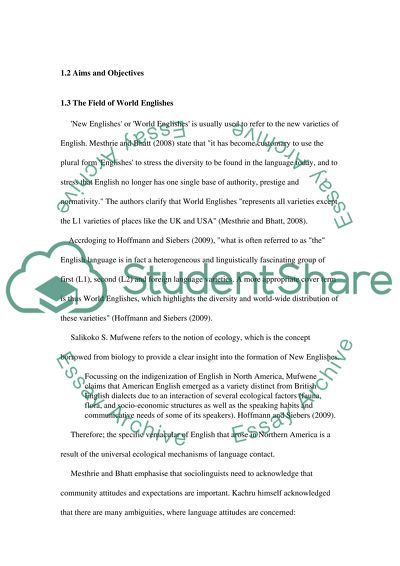Cite this document
(“Saudi EFL Learners Awareness of World Englishes-(Second Language Essay”, n.d.)
Retrieved from https://studentshare.org/english/1489230-saudi-efl-learners-awareness-of-world-englishes
Retrieved from https://studentshare.org/english/1489230-saudi-efl-learners-awareness-of-world-englishes
(Saudi EFL Learners Awareness of World Englishes-(Second Language Essay)
https://studentshare.org/english/1489230-saudi-efl-learners-awareness-of-world-englishes.
https://studentshare.org/english/1489230-saudi-efl-learners-awareness-of-world-englishes.
“Saudi EFL Learners Awareness of World Englishes-(Second Language Essay”, n.d. https://studentshare.org/english/1489230-saudi-efl-learners-awareness-of-world-englishes.


